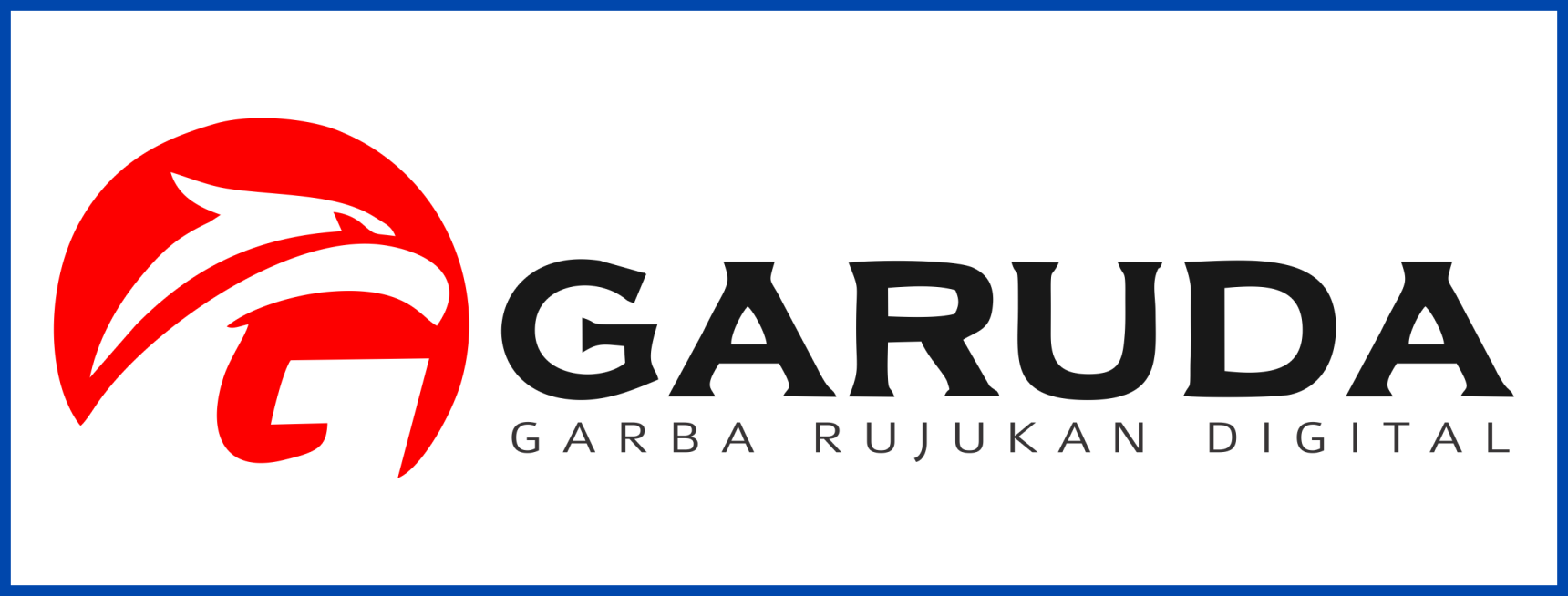Pengembangan Sentra Produksi Kain Tenun Tedunan sebagai Upaya Membangun Perekonomian Desa Tedunan yang Berkelanjutan
Abstrak
Desa Tedunan merupakan salah satu desa penghasil kain tenun di Indonesia. Kain tenun merupakan salah satu produk tekstil yang termasuk ke dalam warisan budaya tak benda asli Indonesia. Selain mengandung nilai kearifan budaya lokal, kain tenun juga memiliki nilai ekonomi tinggi sebagai produk ekspor unggulan Indonesia. Namun, dibalik potensi keindahannya, ternyata bisnis kain Tenun Tedunan berada dalam masalah cukup serius. Salah satu isu terberat dalam pengembangan bisnis tenun ini adalah adanya tren produk fast fashion. Adanya tren fast fashion ini berdampak pada menurunnya minat masyarakat Indonesia untuk membeli produk-produk pakaian lokal seperti tenun dan batik. Selain itu, berkembangnya pabrik garment dan tekstil di sekitar Desa Tedunan, juga menjadi salah satu isu penyebab berkurangnya minat pemuda untuk menjadi pengrajin tenun. Jika hal ini terus dibiarkan, maka potensi kain tenun akan punah karena tidak adanya regenerasi pengrajin tenun. Oleh karena itu, adanya program penelitian dan pengabdian ini bertujuan untuk membantu para pengrajin kain Tenun Tedunan dalam mengembangangkan bisnisnya. Selain itu, program ini bertujuan untuk memberikan analisis serta rekomendasi dalam membangun bisnis kain Tenun Tedunan dengan mendayagunakan seluruh pihak agar tercapai sinergi dan kolaborasi sebagai upaya mencapai perekonomian Desa Tedunan yang berkelanjutan. Pengambilan data dalam penelitian ini dilakukan dengan observasi dan wawancara mendalam kepada para pengrajin Tenun Tedunan dan perangkat desa untuk mencari tahu akar permasalahan yang ada. Secara garis besar, terdapat empat permasalahan utama dari bisnis kain Tenun Tedunan ini, yaitu permodalan, produksi, pemasaran, dan regenerasi. Oleh karena itu, program pengabdian ini difokuskan untuk menjawab semua permasalahan yang ada, seperti program sosialisasi pemetaan potensi dan masalah bisnis Tenun Tedunan, penyusunan roadmap rekomendasi kebijakan pembangunan bisni tenun, program pembuatan video dokumenter, dan sosialisasi pemasaran digital. Seluruh program ini mampu memberikan wawasan kepada masyarakat mengenai langkah-langkah mengembangkan bisnis kain Tenun Tedunan agar menjadi produk lokal unggulan yang dapat memberikan kontribusi ekonomi jangka panjang.
Referensi
Ahdiat, A. (2022). Di tengah isu PHK, nilai ekspor tekstil RI meningkat sampai kuartal III 2022. Databoks. https://databoks.katadata.co.id/datapublish/2022/12/22/di-tengah-isu-phk-nilai-ekspor-tekstil-ri-meningkat-sampai-kuartal-iii-2022
Anisah, N. N. & Na’am M. F. (2021). Eksistensi tenun troso Jepara di antara berdirinya perusahaan-perusahaan garmen. Jurnal Teknologi Busana dan Boga, 9(2), 148. https://journal.unnes.ac.id/nju/index.php/teknobuga/article/download/27221/12273
Badan Pusat Statistika Indonesia. (2023). Data ekspor impor HS 2 digit Juli 2023. Badan Pusat Statistika Indonesia. https://www.bps.go.id/id/exim
Edy, C. W. (2017). Prof Tozu ingin tenun ikat jadi warisan budaya dunia seperti batik. Kementerian Pendidikan dan Budaya. https://kwriu.kemdikbud.go.id/berita/prof-tozu-ingin-tenun-ikat-jadi-warisan-budaya-dunia-seperti-batik/
Iskandar, A. H. (2020). SDGs desa: Percepatan pencapaian tujuan pembangunan nasional berkelanjutan. Yayasan Pustaka Obor Indonesia.
Kemenperin RI. (2018). Making Indonesia 4.0. Kementerian Perindustrian. https://www.kemenperin.go.id/download/18384
Kemenperin RI. (2021). Mendorong kinerja industri tekstil dan produk tekstil. Kementerian Perindustrian. https://kemenperin.go.id/download/28303
Kemenperin RI. (2022). Menperin: Satu abad industri tekstil Indonesia, dari zaman kolonial hingga berjaya di era digital. Direktorat Jenderal Industri Kimia, Farmasi, Dan Tekstil. http://ikft.kemenperin.go.id/menperin-satu-abad-industri-tekstil-indonesia-dari-zaman-kolonial-hingga-berjaya-di-era-digital/
Lumy, C. A., Pio, R., & Rumawas, W. (2023). Implementasi corporate social responsibility berdasarkan konsep triple bottom line pada PT Bank Sulut Go. Productivity, 4(4), 445. https://ejournal.unsrat.ac.id/v3/index.php/productivity/article/view/48261/42687
Portal Informasi Indonesia. (2023). Ekspor tekstil Indonesia bertumbuh. Portal Informasi Indonesia https://indonesia.go.id/kategori/editorial/7146/ekspor-tekstil-indonesia-bertumbuh?lang=1
Samuel, H., Mangoting, Y., & Hatane, S. (2022). Makna kualitas dan kinerja tenun tradisional indonesia kolaborasi budaya nasional dan budaya organisasi (1st ed., Vol. 1). Rajawali Pers. https://repository.petra.ac.id/19631/1/Publikasi1_94033_8267.pdf
Copyright (c) 2024 Jurnal Pengabdian, Riset, Kreativitas, Inovasi, dan Teknologi Tepat Guna

This work is licensed under a Creative Commons Attribution-ShareAlike 4.0 International License.









